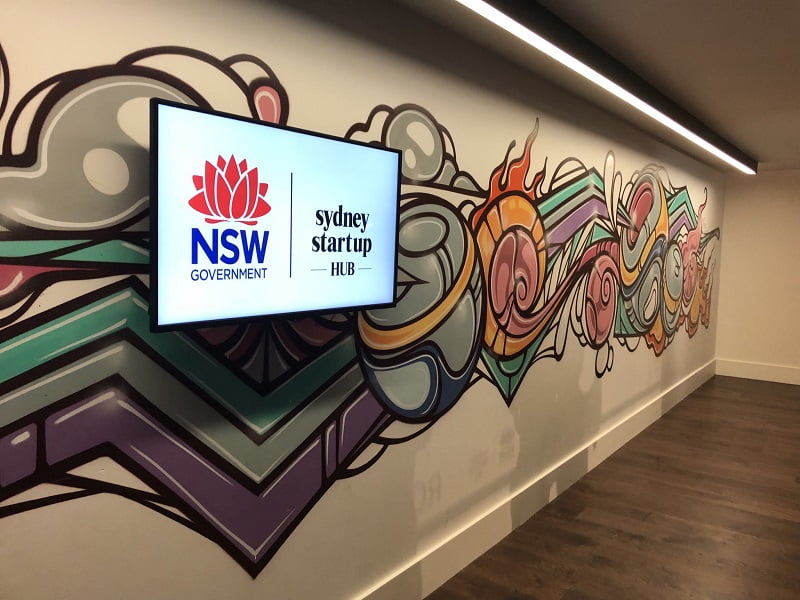NSW-based startups will get the chance to grow their businesses from landing pads in South-East Asia as part of new state government pilot program intended to help scale innovative ideas.
The NSW government has entered agreements with landing pads in Vietnam, Indonesia and Malaysia, giving up to nine NSW startups access in exchange for reciprocal access to the International Landing Pad at the Sydney Startup Hub.
The International Landing Pad opened in January this year and offers up to six months of free desk space to overseas technology companies looking to enter the Australian market.

The nine NSW startups will be able to apply to work at Saigon Innovation Hub (SiHub), Living Labs in Jakarata or Common Grounds in Kuala Lumpur, while three companies from each nation will be based in Sydney.
To be considered for the program, overseas companies will need to work in digital technology, clean economy and resources, defence aerospace, MedTech and life sciences and AgriFood, and have generated at least $5 million in revenue.
Industry and Trade minister Anoulack Chanthivong said the 12-month agreement would help those nine NSW startups “scale-up and expand on an international level”, while sparking new ideas and connections for companies based in Sydney.
“By getting these agreements in place, we’re making sure that the International Landing Pad doesn’t just open the door to companies who want to invest in NSW, it lets NSW businesses scale-up and expand on an international level,” he said.
“This will allow them to deepen their understanding of those markets and build the relationships critical to their expansion.”
The new three new agreements follow a similar arrangement with India’s National Association of Software and Servicess Companies (Nasscom) earlier this year.
Mr Chanthivong said the “Landing Pads are part of a suite of activities the NSW government is implementing to support the innovation sector, increase investment and boost exports”.
The government is currently finalising its Innovation Blueprint, which it has spent the last year developing. The blueprint will look to cultivate a more collaborative, less transactional relationship with innovators.
Since coming to government in March 2023, support for startups, including popular grants like MVP Ventures have been curtailed in an attempt to repair the Budget bottom line.
Much of this stems from a decision by the former Perrottet government to slash the former Department of Enterprise, Investment and Trade’s (DEIT) budget prior to the 2023 state election, but the Minns government has also reprioritised funding.
The DEIT transferred its industry, innovation, trade and investment functions, including Investment NSW, into the Premier’s Department before it was disbanded at the start of July.
Investment NSW deputy secretary Rebecca McPhee, who joined the agency last month, has acknowledged the government needs to do more to support and capitalise on the deep technology being developed in the state.
“Last year, 61 per cent of all of the venture capital raised in Australia was raised in NSW. And as the NSW government, we’re really keen to keep that momentum going,” she told the annual Tech23 conference run by Cicada Innovations last month.
“But we know that more work is needed to reinforce the significant upstream advantages that we have in world class research in multiple areas of medicine, future food and sustainable agriculture, advanced manufacturing and engineering here in NSW.”
Do you know more? Contact James Riley via Email.

